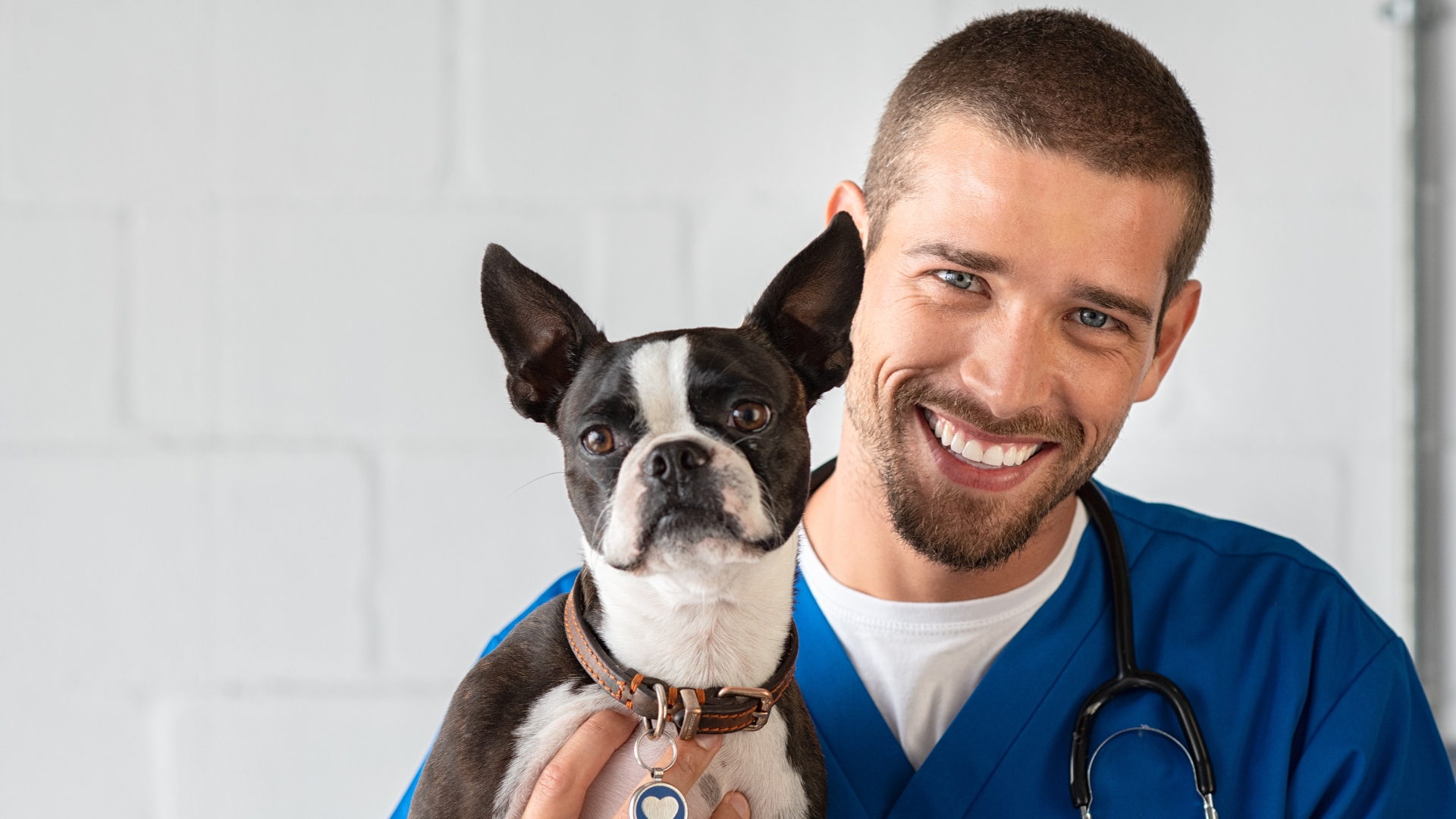
Introduction: Brachycephalic breeds, such as Bulldogs, Pugs, and Persian cats, are beloved for their distinctive flat faces and expressive eyes. However, these breeds often face unique health challenges that require specialized veterinary care. This article will spotlight veterinarians who excel in treating brachycephalic breeds, ensuring these pets lead healthy and comfortable lives.
Understanding Brachycephalic Breeds: Brachycephalic breeds are characterized by their short, broad skulls, which give them their signature appearance. However, this anatomical feature can lead to several health issues, including:
- Brachycephalic Obstructive Airway Syndrome (BOAS): This condition affects the respiratory system, making it difficult for these pets to breathe.
- Eye Conditions: Prominent eyes are more prone to injuries and infections.
- Heat Intolerance: These breeds often struggle to regulate their body temperature, making them susceptible to heatstroke.
Criteria for Selection: To identify the top veterinarians specialized in brachycephalic breeds, we considered several factors:
- Qualifications and Training: Veterinarians with advanced training in brachycephalic health issues, often through specialized courses or certifications.
- Experience: Years of hands-on experience treating brachycephalic breeds.
- Reputation: Recognition within the veterinary community and positive reviews from pet owners.
- Contributions to the Field: Involvement in research, publications, and teaching that advance the understanding and treatment of brachycephalic health issues.
Preventative Care: Preventative care is crucial for managing the health of brachycephalic breeds. This section will offer tips on how to care for these pets to prevent common issues:
- Regular Check-ups: Frequent veterinary visits to monitor respiratory health and catch any issues early.
- Weight Management: Maintaining a healthy weight to reduce the strain on their respiratory system.
- Dental Hygiene: Regular dental cleanings and at-home care to prevent dental problems.
- Environmental Control: Keeping these pets in a cool, well-ventilated environment to prevent overheating.
Case Studies: Real-life examples can illustrate the expertise of these veterinarians. For instance, Dr. Brown successfully performed a complex surgery on a Bulldog with severe BOAS, significantly improving the dog’s breathing and quality of life. Dr. Thompson treated a Pug with severe dental issues, using advanced techniques to alleviate pain and prevent future problems. These stories not only showcase their skills but also provide reassurance to pet owners about the level of care their pets will receive.
Resources for Brachycephalic Pet Owners: Providing additional resources can be incredibly helpful for pet owners. This section could include links to reputable organizations, forums, and educational materials. For example, the Brachycephalic Working Group offers a wealth of information on caring for these breeds, and forums like Brachycephalic Breeds Forum can connect owners with a community of fellow enthusiasts.
Conclusion: Choosing the right veterinarian for a brachycephalic pet is crucial for ensuring their health and well-being. By highlighting the best specialists in this field, this article aims to guide pet owners in making informed decisions about their pet’s care. Whether it’s managing respiratory issues or addressing dental problems, these veterinarians have the expertise and dedication to provide top-notch care for all brachycephalic breeds.